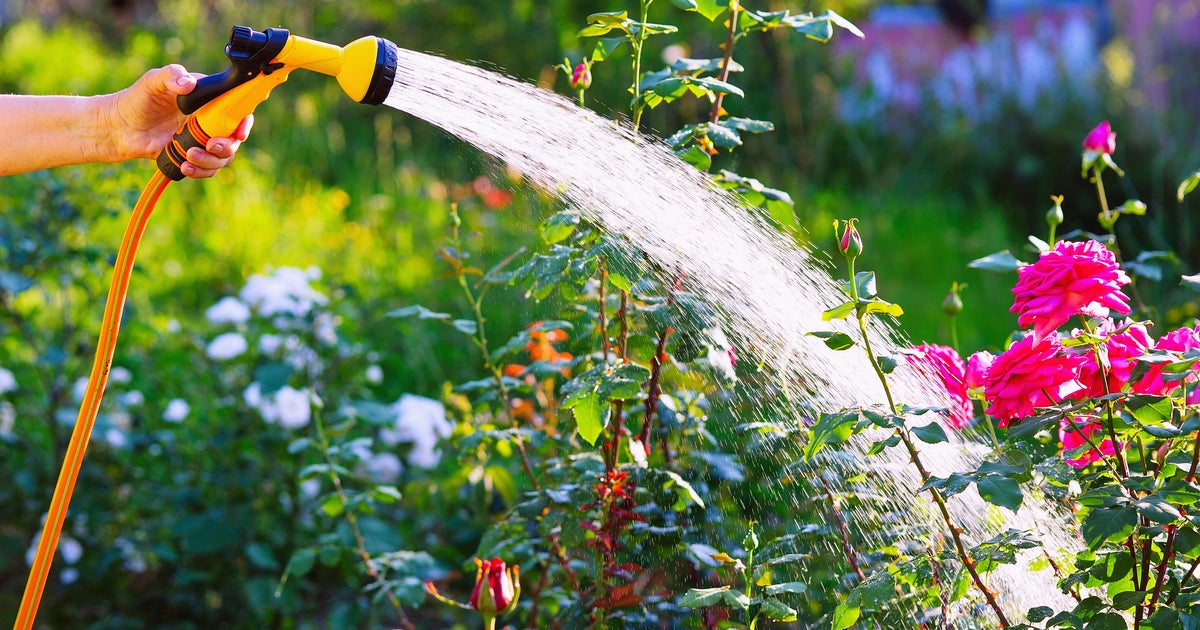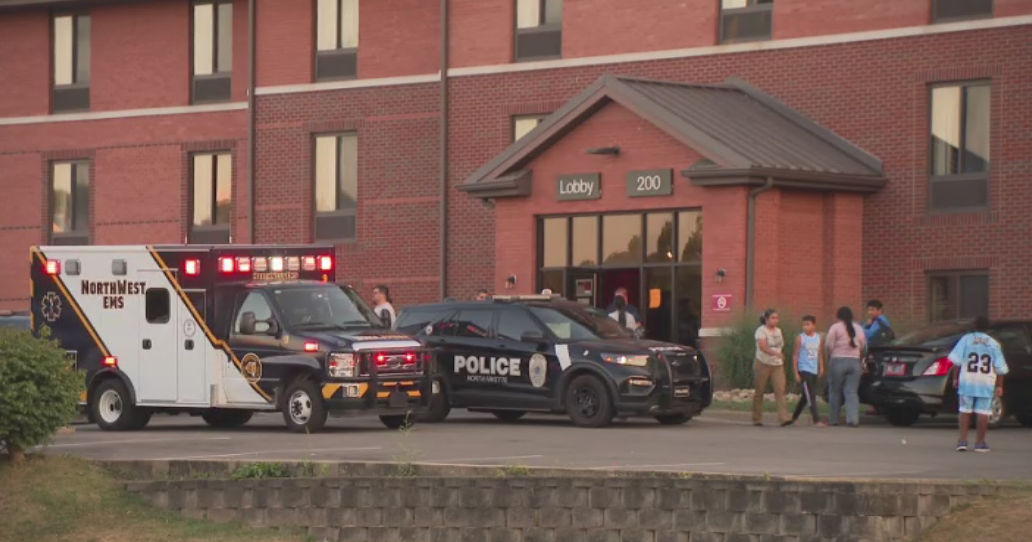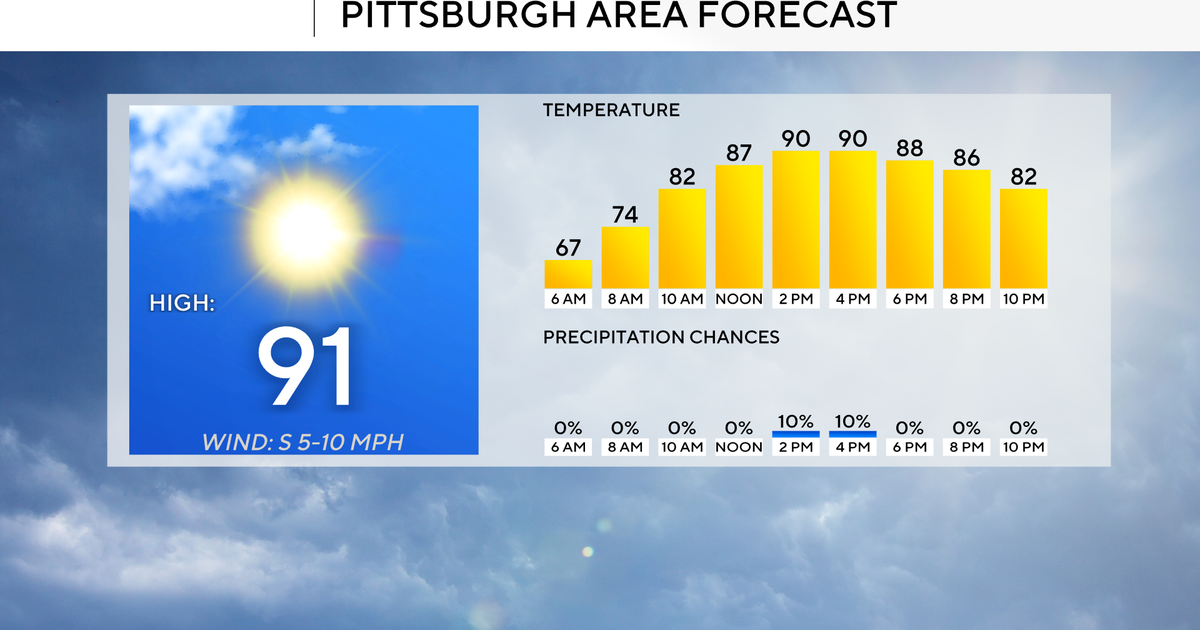Angie's List: Adding Zones To Your Home's HVAC System
PITTSBURGH (KDKA) -- Imagine living in a home where all the lights were tied to one switch, so every time you needed to see inside the hall closet, you had to turn on every light in the house.
Sounds absurd, but that's exactly how most of our homes are cooled and heated - one thermostat controlling temperatures in the entire home.
That's why Angie's List is taking a closer look at adding zones to your home's HVAC system.
All the rooms in your home are not created equal, some can stay warmer or cooler than others.
A zoning system - a combination of a zone panel, a thermostat and a series of dampers - can control the airflow to individual rooms and keep temperatures more even.
"Say you're asking for cooling upstairs, the dampers for downstairs will close and block off the cold air to downstairs and the air conditioner will come on and all your air will go upstairs," says John Mills, an HVAC professional.
You can zone just about any existing HVAC system - an average, two-story home will run about $2,500 - but it's more ideal to have it as part of the original construction.
"The optimal time for installing a zoning system is when the house is being built, so if you're in the process of building, talk to your builder and see if it makes sense for your home," says Angie Hicks, of Angie's List.
Two zones, each with its own thermostat, are best for most homes.
Join The Conversation On The KDKA Facebook Page
Stay Up To Date, Follow KDKA On Twitter
Contrary to many homeowners' belief, more zones do not mean more efficiency nor huge monthly savings.
"Installing a zoning system isn't going to make your home more efficient," says Hicks. "You're not going to see it on your utility bills, but what you will see is a much more comfortable temperature throughout your house."
Some people will attempt their own zoning by closing registers in different rooms, but experts say that can do more harm than good.
"We'll see people close every register in the first floor to try to force more air upstairs, but that can make the air conditioner run too cold and freeze up," Mills said.



